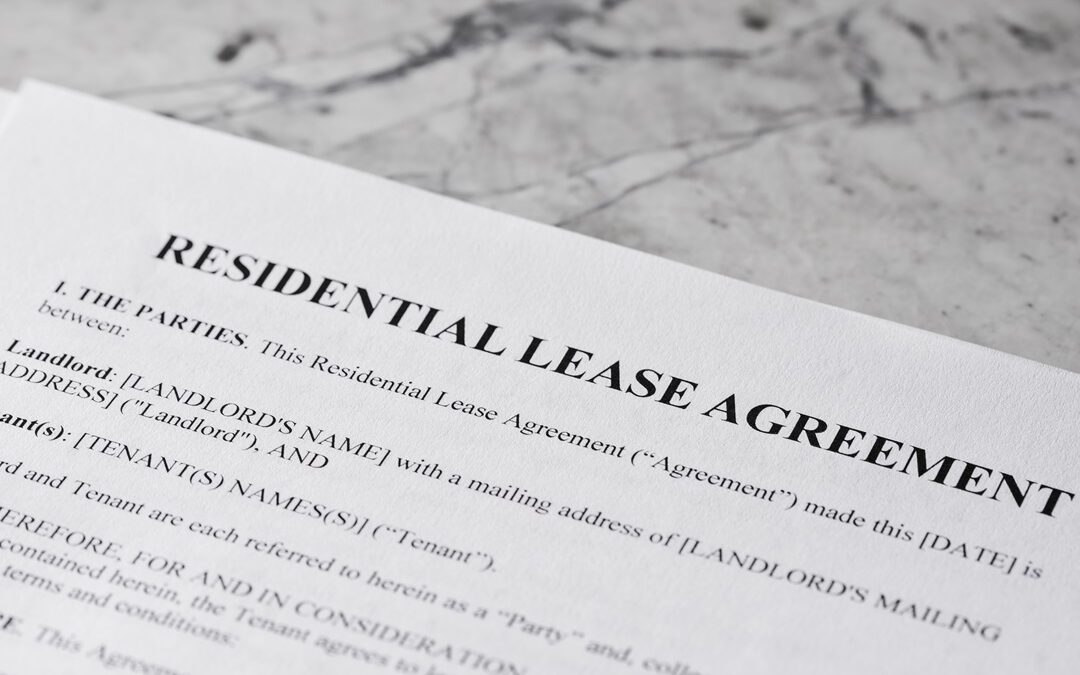If you’re a landlord, then it’s highly likely that you’ll be familiar with the words “Renters’ Reform”. After all, it’s expected to be the largest legislative shakeup in decades – maybe even the largest since the introduction of the Assured Shorthold Tenancy via the Housing Act 1988.
As a Guildford buy-to-let mortgage broker, the question of ‘how will renters’ reform affect me?’ is never too far away from the lips of existing and prospective clients when they speak with our team of Guildford mortgage brokers.
The latest question, however, focusses on the nitty gritty of it all, which is ‘will Renters’ Reform make buy-to-let mortgages more expensive?’.
So, before we get into that – and as we haven’t yet covered Renters’ Reform – here’s a Renters’ Reform explainer.
What is Renters’ Reform?
Renters Reform is series of legislative changes, led by the UK government, which aim to create a fairer system for landlords and tenants.
The legislation seeks to improve housing standards, make renting more stable and secure for tenants, and provide landlords with revised rules that protect them and the tenants inhabiting their property.
Whilst the Renters’ Reform Bill was introduced in 2023, the actual changes are expected to be implemented at the beginning of 2026.
In it are a number of proposed changes, one of which is the abolishment of Section 21, which will prevent landlords from serving notice without any reason. As a result, some landlords are growing increasingly concerned that they will be relinquishing control of their own property, and that renting a property will become more administratively difficult.
A Guildford mortgage adviser’s view
Our team of Surrey mortgage brokers all agree that whilst it’s the biggest change to hit the private rental market in some time, it’s likely to improve the standard of landlords up and down the UK – and that’s a good thing.
As to whether or not Renters’ Reform will increase buy-to-let mortgage rates, it’s impossible to predict. However, we feel that it could go one of two ways:
Potential scenario 1
A perceived relinquishing of landlord control by lenders could lead to buy-to-let mortgages being viewed as a riskier investment, and less of a safe bet, which buy-to-let property has become over the last couple of decades. If that is the case, then we may see this reflected in less competitive mortgage rates (or, at least, a tightening up of lending criteria, which may make buy-to-let mortgages less accessible for some).
Potential scenario 2
There’s a chance that ‘rogue landlords’ – or landlords who may be operating at a standard deemed less than acceptable – may leave the market. If that does happen, and if the buy-to-let mortgage landscape is littered with professional landlords with a healthy financial history, then there’s a chance that buy-to-let mortgage rates could go down.
No time like the present
As we’ll often – and rightly – say, we can’t predict the future. And let’s face it, Renters’ Reform hasn’t even become law yet. Any fallout from Renters’ Reform is unlikely to be understood until it’s put in place.
What we would say, however, is that as it stands, there are some good buy-to-let mortgage rates currently available.
So, if you are concerned about Renters’ Reform repercussions, or if you are thinking of becoming a landlord, then our advice would be to get in touch to explore your options sooner rather than later. There’s no time like the present, after all.
Want access to the UK’s best buy-to-let mortgage deals? Contact our team of Surrey mortgage advisers on 01483 238280 or by e-mailing info@complete-mortgages.co.uk.



Recent Comments